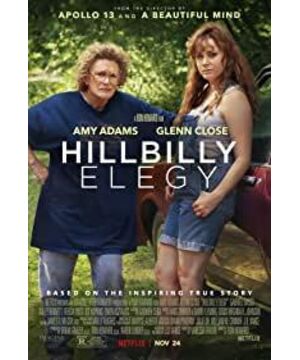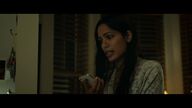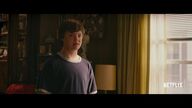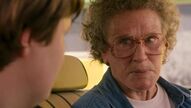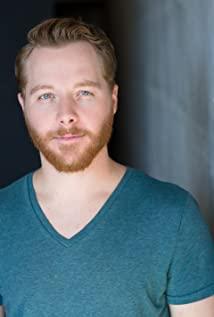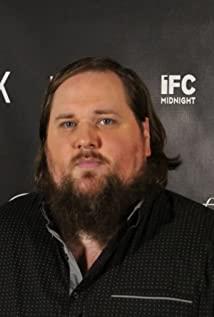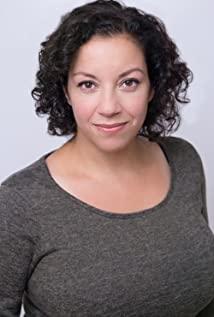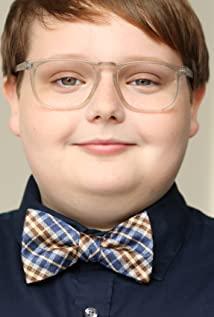I read the original a long time ago, but have forgotten many details. When the movie was filmed, I felt that there were a few things that I remembered deeply: one scene was participating in an interview week in law school. The male protagonist didn’t know how to use a knife and fork, and he didn’t know how to strike up a conversation or talk. Instead, he turned to the middle-class girlfriend of POC for help. , I find the parts that describe class divisions and symbolic violence interesting.
Back at my home, my mother is an addict, but where does the addiction come from? JD mentioned when he was arguing with the nurse about the bed, saying that his mother had worked here for many years, so maybe it was here. Later, it seems that I transferred to AA to give the patient an injection, and took the painiller by the way, and then secretly ate it. In fact, one or two articles should not be able to get high immediately, but American doctors will prescribe painkillers for you, and the amount is also large. It is estimated that addiction will be very fast. In addition to this, the addiction seems to be related to the death of my grandfather. My mother and my grandfather are relatively close, so the emotional loss is great. In the middle, there are 2 paragraphs explaining the fate of the mother, which are about study. One is that the mother did not go to college with good grades. When the mother and son were in conflict, the mother was angry and accelerated. She mentioned that no one informed her and she could not afford her to go to college. And although she is a single mother, she still got a nurse's license. I saw some short comments that she was just a drug addict without self-control. Going home to beat his wife, grandma poured gasoline on grandpa to set it on fire? I feel that this has something to do with her becoming a single mother (it seems she is also a teenager mom) (the movie did not explain this part), she should be a very insecure person, but she can't go to college and can only get married and have children very early. But looking at her sister Lindsay's reaction, you can see that girls will instinctively escape their families of origin through marriage.
In the end, there are some grandmothers and grandfathers. Both of them were married early, and then they were poor and poor and worked in the factory. As a result, the factory became outsourced with globalization, and the factory area soon disappeared.
There is a scene in the movie that I liked very much. After my mother entered the rehab, she saw that her son used several credit cards to collect enough money for her for two weeks, so she got up and left, and then came out when the mother and son quarreled. , She said a lot, saying that she didn't want to accept her son's charity and wanted to get her license back. She felt that she really wanted to redefine her relationship with her son, she didn't want to be a burden to her son, and wanted to get back some dignity. At the same time, the understanding of family is a very subtle presentation, and everyone's sense of boundaries is particularly obvious.
In the end, I feel that this film has contributed to many systemic failures. For example, my grandmother didn’t even have money to buy medicine. As a result, the little brother who came to give the welfare meal only gave her one copy, although she had already called and told them She also has a grandson to live with; after her mother recovered from overdose and was driven out of the house by the hospital because of the lack of beds, there was no institution other than family in this middle town that could provide her with assistance, unless she spent money to rehab, she had to have Insurance, and insurance in the United States is work-based. It is only given if there is an employment relationship. There are no contract workers. At this time, there are no so-called civic groups/nonprofits. . .
Of course, the film also presents a lot of racist parts of the Midwestern working-class white people, such as asking his son: what is her?... The clip of the grandmother scolding the Polish child is also very classic. . .
View more about Hillbilly Elegy reviews


